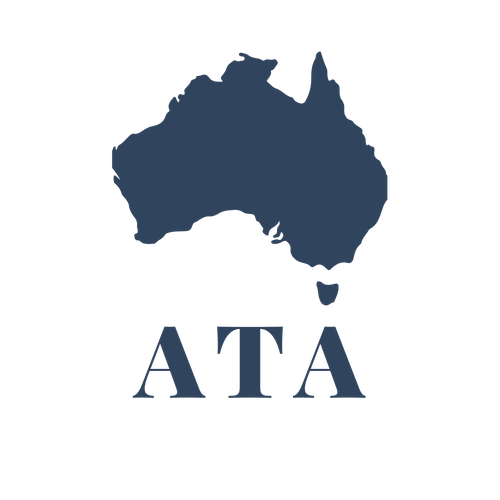Gen Z has come face to face with our first crisis, and it isn’t the climate emergency. Coronavirus is sweeping through the globe, forcing people into long-periods of self-isolation. The Australian economy is looking down the barrel of our first recession after 29 consecutive years of growth.
For Gen Zedders, on the cusp of life aged approximately 10-25, we have spent these past few years searching for something to define us. We went on strike for the climate, we became YouTubers and TikTokkers, and we dabbled in the identity politics perpetuated by our forebears, the Millennials.
However, we haven’t experienced many formative global events aside from the election of Donald Trump. Most of us weren’t born or were primary school age during 9/11 and the GFC. Frankly, we are seeing what a global crisis looks like for the first time in our lives.
It’s been pretty cruisy for Gen Z until now. Both Gen Z and Millenials are the most highly educated generations, with organisation Withyouwithme projecting more than 2.5 million individuals will graduate from university in Australia from 2019-2024. A world of opportunity has been open to us since the day our parents dropped our first smartphone into our hands. We weren’t alive to remember a world without the internet, UberEats, and Airpods. Smart technology has given us more privilege and ease, no matter our race, gender, or socioeconomic status, than any generation before us.
With the world literally at our fingertips, it is no wonder Gen Z has earned a reputation of being spoilt and ignorant of hardship. But that may change. Of economists, 87 per cent think Australia is heading for recession. This means unemployment and lack of opportunity, something the urban Australian youth have never had to worry about. For all our technology and veneer of advancement, the way something as primitive as a virus has wreaked havoc on the world is enough to imbue my generation with deep cynicism.
It is possible that the coronavirus will leave as quickly as it came, letting us bounce back after a crazy eight weeks at home. However, many fear Australia will plunge into a bad recession, a generation-defining event. An economic disaster like this will shatter our optimism for the future. With our youth and partying curtailed by a global pandemic, identity politics, climate action, and the things which once mattered to Gen Z will fade into grey.
Every generation had a pastiche of events or movements that shaped their character. The Cold War, the threat of nuclear apocalypse, the Vietnam War, and sexual revolution characterised the Baby Boomers. Gen X lived through the rise of neoliberalism, and the AIDS epidemic. Millennials saw the rise of terror and the GFC.
If this lasts more than three months, COVID-19 and all its consequences will define Gen Z, the ‘Quaranteens’. It’s already happening. Schools are on the precipice of closure, despite government’s efforts to keep them open; most universities have closed; the RBA has reduced the cash rate to a historic low of 0.25 per cent, and the ASX has done its biggest nosedive since the GFC.
If there is one positive outcome for the formation of our character as Gen Zedders, it is to not take prosperity for granted. Sustaining social and economic cohesion demands great effort. As cafes, restaurants and pubs are deserted during the corona crisis, young adults have lost their income. New interns and people in graduate jobs are the first to be tossed aside in an economic downturn as we have less experience. COVID-19 may yank the silver-spoon out of the mouth of Gen Z, time will only tell. The future of our generation is in the hands of health professionals, economists and legislators.
This article first appeared in The Spectator Australia on 6 April, 2020.
